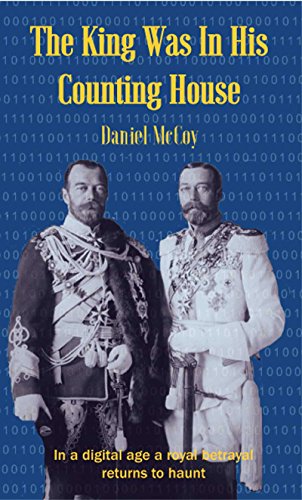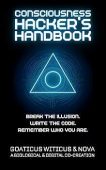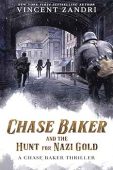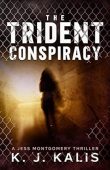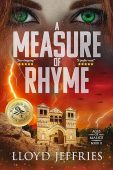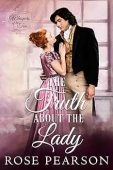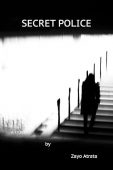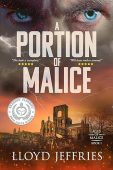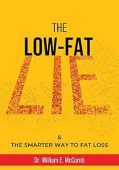The King Was In His Counting House is the story of how a South London location agent, Spencer Weintraub, hired to find a missing banker, stumbles upon the greatest royal mystery of the 20th century. In March 1917 revolution had broken out in war-torn Russia and the Tsar, Nicholas II, was forced to abdicate. Fearing for their safety, King George V of Britain, who was first cousin to both Nicholas and his wife, the Tsarina Alexandra, urged the British government to invite the Tsar and his family to Britain. The invitation was duly issued and arrangements were made to transport the Imperial family to England. At the very last minute, George changed his mind and pleaded with a reluctant and embarrassed British government to withdraw the invitation. Nicholas and his family had to remain in Russia and were murdered a year later by the Bolsheviks. George’s biographer described his actions as “the most perplexing act of his reign: The abandonment of a loyal ally and much-loved cousin to degradation and death.”
George’s change of mind did not become public for several decades. Ostensibly, he claimed to have received representations from all classes of people against the Tsar and was worried for the future of the monarchy. That fails to stand up to serious scrutiny. All royal records referring to these events remain secret, but, according to The King Was in His Counting House, the figures and forces behind his decision are much murkier and more complex than George claimed. They include:
• The Tsar’s last finance minister, who gave Nicholas a huge sum in cash from a secret fund, just two days before he was forced from the throne, and then escaped to England and was given a knighthood personally by King George and funding from the Bank of England.
• The century long geopolitical tussle between Britain and Russia over the future of Constantinople.
• The desperate efforts of the British prime minister, Lloyd George, to keep Russia in the war, and then later to give Constantinople to Greece.
• The British Ambassador to Russia who was told that if he wrote about the events he would lose all his pension rights and be ruined
• The Balfour Declaration of a Jewish homeland in Palestine, aimed at persuading Jews in Europe to support the Allied cause and ultimately to persuade the United States to enter the war.
• The curious case of the spy, Anthony Blunt, whose confession was kept secret for fifteen years and who was allowed to remain in his prestigious position of Surveyor of the Queen’s Pictures, in charge of the royal art collection.
All this a puzzled Spencer Weintraub discovers, as he tries to find out what has happened to a director of a small, very exclusive, London private bank. Free on Kindle.
